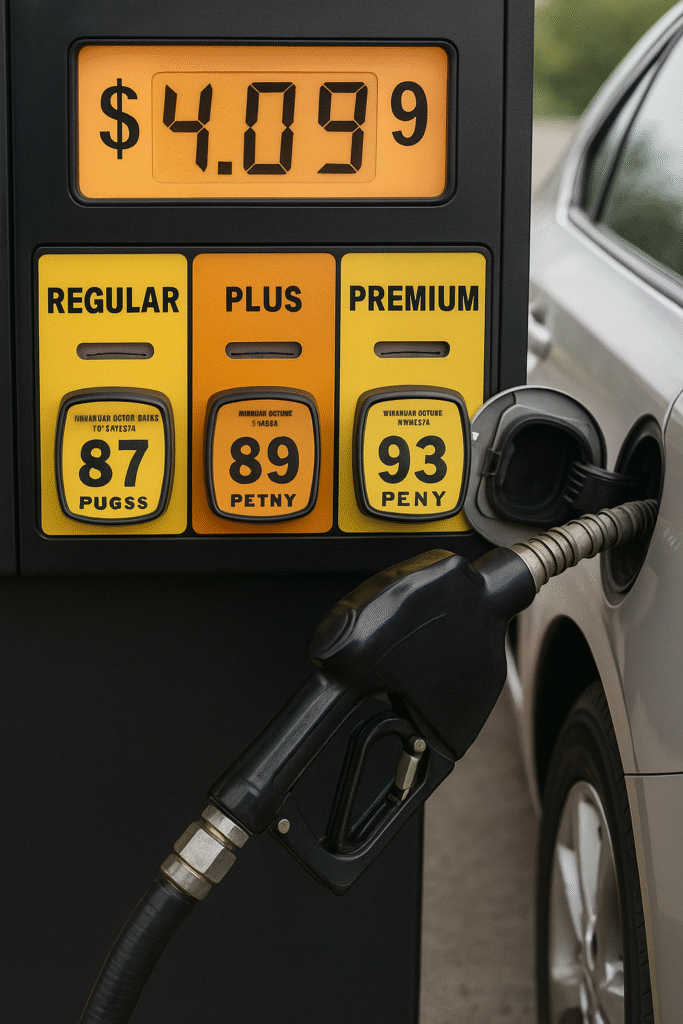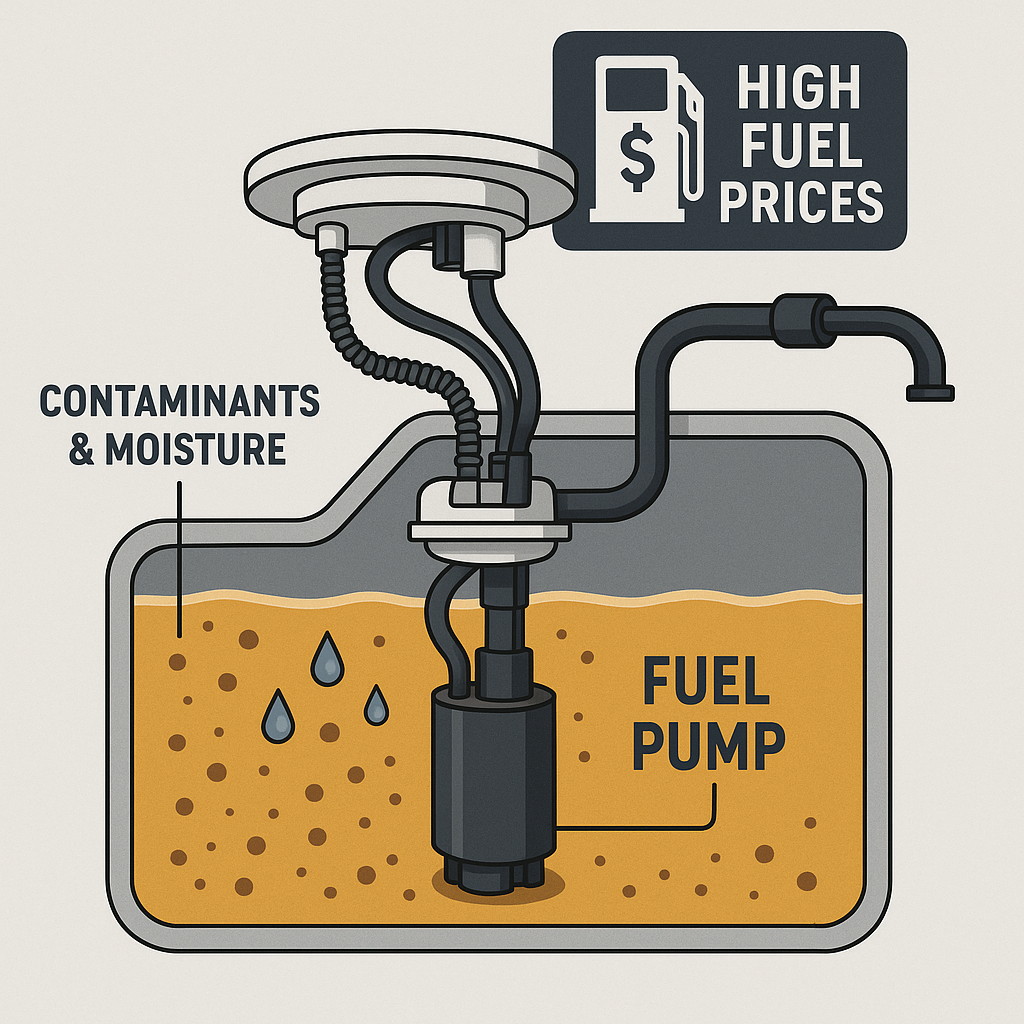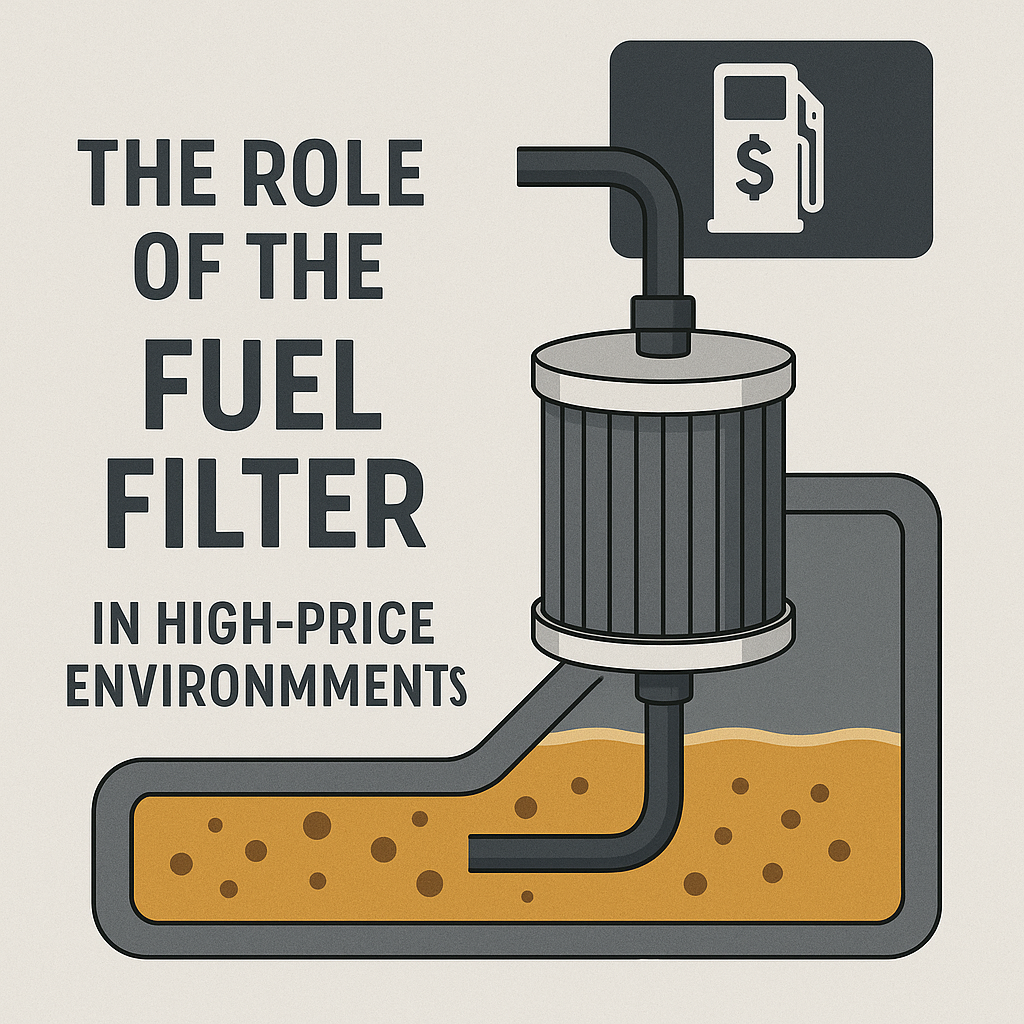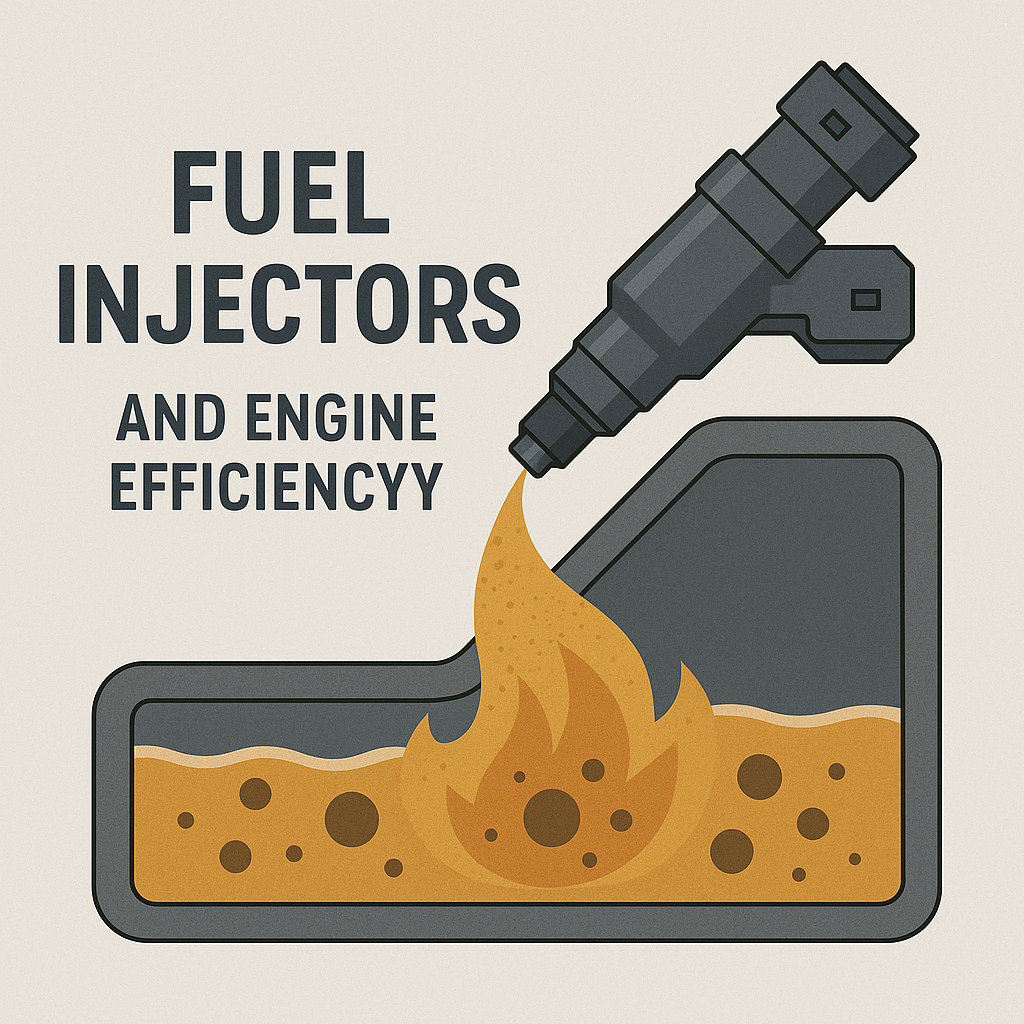National fuel prices have always been a talking point among vehicle owners, but the impact goes far beyond the cost of filling up your tank. Changes in fuel costs can directly and indirectly influence your car’s performance, the longevity of its parts, and the overall maintenance schedule you follow. Whether you’re driving a compact city car or a heavy-duty truck, understanding the link between fuel prices and vehicle care can help you make smarter decisions for both your wallet and your engine.
In this article, we’ll explore how fluctuating national fuel prices affect different components like the fuel pump, fuel injector, fuel filter, and how the quality of fuel—whether from a standard pump or performance products like G Fuel—plays a role in engine health. We’ll also cover why tools like a fuel injector cleaner are becoming essential in today’s driving environment.
1. The Connection Between National Fuel Prices and Vehicle Performance
When national fuel prices rise, many drivers look for cheaper options. This often means switching to lower-grade fuel or filling up at lesser-known stations. While this may save money in the short term, poor fuel quality can have negative effects on your car’s internal components.
Lower-quality fuel often contains higher levels of impurities, which can clog the fuel filter and reduce the efficiency of the fuel pump. Over time, this can lead to reduced engine performance, sluggish acceleration, and even breakdowns. On the flip side, consistently using high-quality fuel can help your engine run smoothly and extend the life of key parts.

2. How the Fuel Pump Responds to Fuel Quality and Prices
Your car’s fuel pump is responsible for delivering fuel from the tank to the engine at the correct pressure. This part is especially sensitive to fuel quality.
When fuel prices rise and drivers opt for cheaper fuel, there’s a higher risk of contaminants and moisture entering the tank. This makes the fuel pump work harder, increasing wear and tear. Over time, this strain can cause the pump to fail prematurely—an expensive repair that can often be avoided with consistent fuel quality and regular maintenance.

3. The Role of the Fuel Filter in High-Price Environments
The fuel filter acts as the first line of defense against debris, rust particles, and impurities in fuel. When national fuel prices soar and drivers turn to budget-friendly fuel options, the likelihood of encountering dirtier fuel increases.
A clogged fuel filter can restrict fuel flow, making the fuel injector work harder and decreasing engine performance. Regularly replacing the fuel filter—usually every 20,000 to 40,000 miles—becomes even more critical during periods of high fuel prices, as you might unknowingly be using lower-grade fuel that clogs the filter faster.

4. Fuel Injectors and Engine Efficiency
Fuel injectors are precision components that spray fuel into the engine’s combustion chamber in a fine mist for efficient burning. High fuel prices can indirectly impact fuel injectors because drivers may skimp on premium fuel or skip additive treatments.
Cheaper fuel often has fewer detergents, which can lead to carbon buildup inside the injectors. This buildup disrupts spray patterns, reducing fuel economy and increasing emissions.

5. Why Fuel Injector Cleaner Is More Important Than Ever
A fuel injector cleaner is a chemical solution that helps remove deposits from injectors and restore optimal spray patterns. With fluctuating national fuel prices, many drivers unknowingly put more strain on their injectors by using lower-quality fuel.
Using a fuel injector cleaner every few thousand miles can help:
- Improve fuel economy
- Restore lost engine power
- Reduce harmful emissions
- Extend injector lifespan
This is a low-cost maintenance step that can save hundreds of dollars in future repairs.

6. Specialty Fuels Like G Fuel: Are They Worth It?
While G Fuel is widely known as an energy drink for gamers, in automotive discussions, performance or specialty fuels serve a similar purpose—delivering higher efficiency, cleaner combustion, and better performance.
For car enthusiasts or those who demand more from their engines, investing in high-quality performance fuel can reduce the strain on parts like the fuel pump, fuel injectors, and fuel filter. Though it costs more per gallon, it may balance out in the long run through reduced maintenance and better fuel efficiency.

Final Thoughts
Fuel prices are out of your control, but your approach to fuel quality and maintenance isn’t. By understanding how high or fluctuating national fuel prices can affect your vehicle’s performance, you can make smarter decisions that save money over time.
Whether it’s choosing reliable fuel stations, using a fuel injector cleaner, or keeping an eye on the health of your fuel pump and fuel filter, these small actions can make a big difference. And while specialty fuels like G Fuel or premium performance blends may cost more, they can also help you avoid costly repairs in the future.
At NexgenWheels, we believe that your car’s health—and your wallet—depend on the balance you strike between cost and quality. When in doubt, remember that cutting corners on fuel often means paying more for repairs later.

